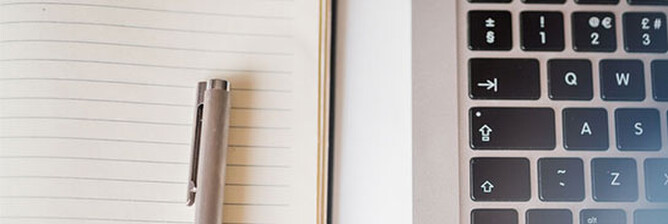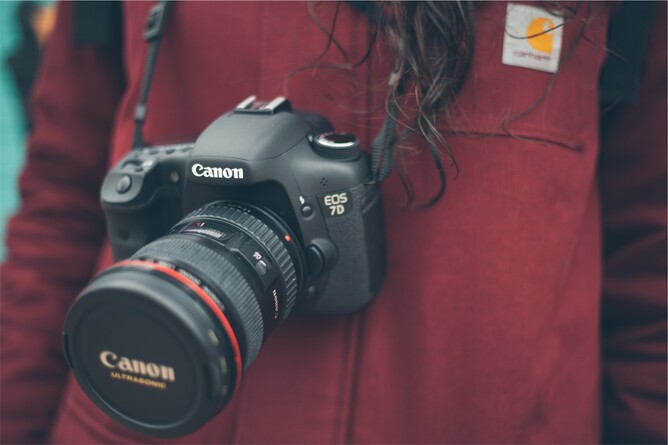Using someone else’s words, pictures and videos on your website
A great website is often set apart by the quality of the photo, text and video content it contains. When you see a great site or a lovely photo or video it can be tempting to use content that appears to be freely available on the internet. A quick search of Google Images or Youtube might just provide the perfect content you’re looking for but there are some important factors to consider when deciding to use this content.
In this blog we explore the key implications when considering the use of someone else’s content on your website. The advice in this blog is not formal legal advice but general principles to be aware of so if you want to be 100% sure about what you can use you are best to consult a lawyer.
Copying text content for your website
The words on your website are important for both your website visitors and for search engines such as Google. Getting your text content right can be a time consuming process and comes more naturally for some people.
When considering copying someone else’s content there are two key factors to consider. Duplicate content and copyright.
Duplicate content
Google can play their cards close to their chest when it comes to the finer details of search rankings but duplicate content is an area where Google are quite clear about how they deal with content that appears in multiple places across the internet. Google state that they try “hard to index and show pages with distinct information”. They want to ensure that people keep using Google as the best way to find the answers they’re looking for—without getting bogged down by multiple instances of the same content.
In Google’s own help guides on duplicate content they explain that duplicate content could have a negative impact on your search rankings. There are helpful tools that you can use to assess duplicate content and we explain more about duplicate content in our SEO guide and provide links to some helpful tools.
Copyright
If you are just including a quote from somewhere else be sure to reference the original source of your content. In our own blogs we regularly quote high quality external sources and we’ll simply provide a link to the original content.
If there is sound rationale to include large chunks of someone else's content you should ask for permission from the content owner but be mindful of how search engines might react to the duplicate content as explained above. For example, we’ve had other business ask us if they can use our blog content which we’ve agreed to as long as they provide a link back to Rocketspark as the original source.
Using someone else’s pictures
When considering using someone else’s photos there are two key factors to consider:
- Copyright
- Do the images actually reflect your business well.
Copyright
In another blog post we talk about the importance of high quality pictures on your website. If you are just starting your business it can be expensive to get original photos taken but it is a worthwhile investment. If you have great photos you can actually spend less time on the design in order to get a great result.
Even though it’s easy to do a quick image search in Google and find a great photo, you have to be careful as most images will be covered by someone else’s copyright—so you’ll want to check if you have the right to use the image or if you need to purchase it.
Does the image reflect your business
It is really easy to use Google image search to see where else an image is used. For example, check out this link to see how many times an example image has been used on websites. In this example I got to page 10 in search results and was still finding examples of the specific example. Stock photos are generally easy to spot and it doesn’t help your credibility when the same image pops up on lots of different websites.



